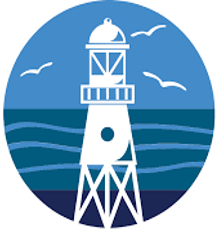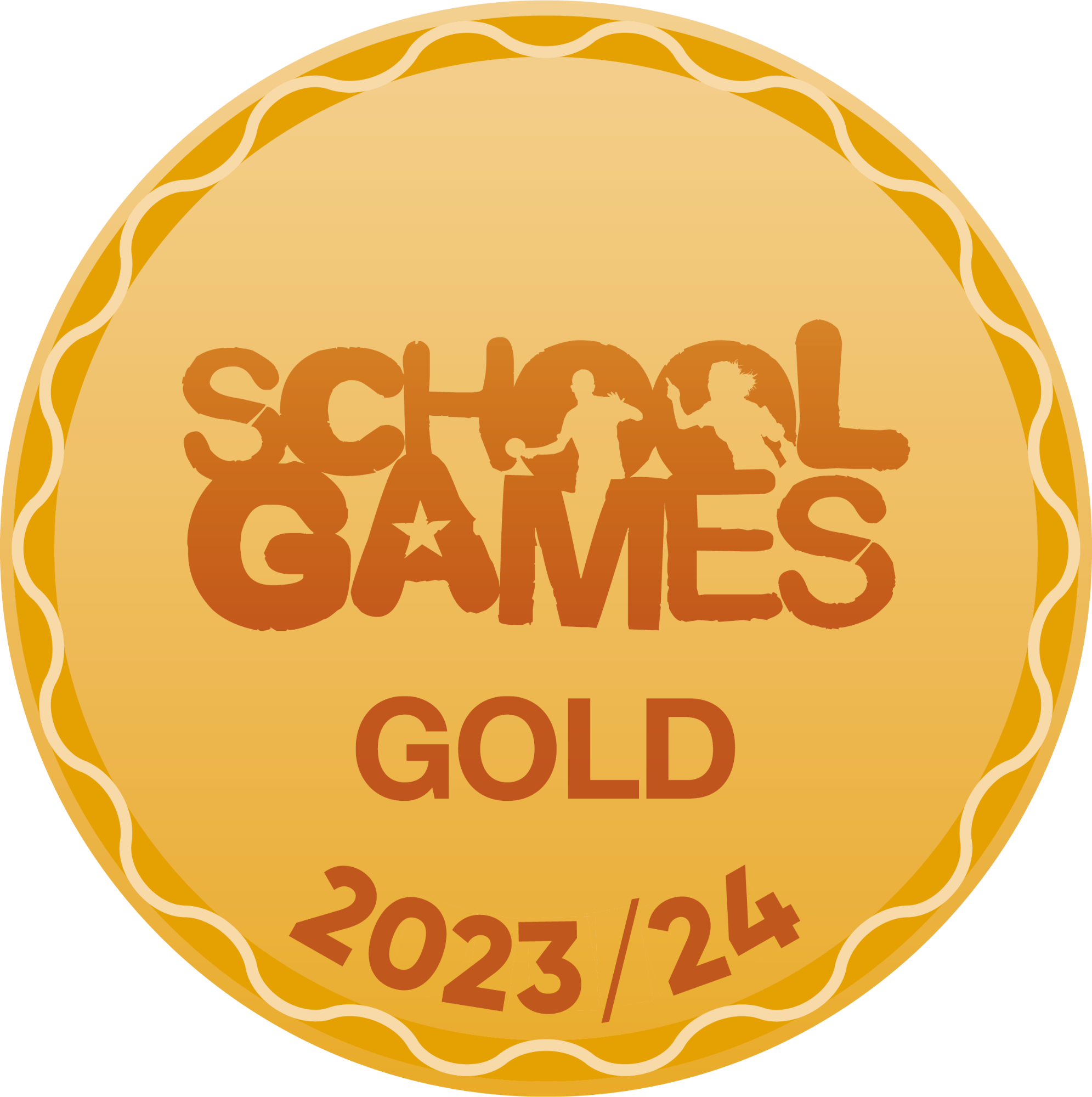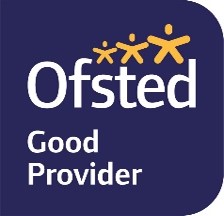Geography
Geography - The Whiteoak Way
'The study of geography is about more than just memorising places on a map. It's about understanding the complexity of our world, appreciating the diversity of cultures that exists across continents. And in the end, it's about using all that knowledge to help bridge divides and bring people together.'
Barrack Obama
The word Geography comes for the Greek ‘geo’ which means Earth and ‘graph’ which means writing or description. It is the study of the diverse environments, places and spaces of the Earth’s surface and their interactions. As geographers at the Whiteoak Academies of Hannah More Infants and Grove we seek to answer the questions of why things are as they are, where they are.
As a family of schools, our Geography curriculum is carefully crafted and designed to stimulate curiosity and a sense of wonder about the world and its places. We strive to ensure that our children have rich opportunities to make sense of our complex and dynamically changing world. Through the teaching of Geography at the Whiteoak Academies, our children explore and examine where places are, how places and landscapes are formed, how people interact, and how a diverse range of places, societies and environments are interconnected. Indeed, our curriculum is planned to ensure it builds on our children’s own experiences and enables them to investigate places at all scales, from the personal to the global.
Furthermore, our Geography curriculum is designed to encourage geographical enquiry, including questioning, investigation and critical thinking. Geography also involves developing procedural knowledge (practical skills and tasks) to help our children understand the physical world including understanding: maps, symbols, direction, location, elevation, photographic data and more. It is about being able to apply these to problem solve and investigate both within the class and in wider fieldwork studies.
While this is important, Geography is so much more. Indeed, a key aspect of geography is to reach out to: explore, discover, understand and connect with the lives of others. It is about engaging with other societies and cultures. Geography is about studying how the environment has shaped human behaviour and how humans, in turn, have and are, impacting on and shaping their environment. In support of our vision, our curriculum seeks to help open our children’s eyes to learn not only about places in other parts of the world, but also involves environmental and social justice issues for our children to consider and learn from.
We want children to be equipped with the key skills and understanding of the physical and human worlds such that they will be able to make informed decisions and judgements about their world and have the understanding to resolve issues about the environment and sustainable development. We want our children to feel connected to their planet, to understand how it is made and how it works. We want children to care about their environment whether local or remote and we want children to actively care about its future well-being.
We believe that by offering a knowledge based enquiry approach within a focussed sequence of progressive lessons our children will flourish in their geographical understanding, knowledge and skills and that they will, in turn, be encouraged to foster a critical questioning approach as well as engage, empathise, respect, challenge and recognise their responsibility as guardians of their future world.
'What is our knowledge worth if we know nothing about the world that sustains us, nothing about natural systems and climate, nothing about other countries and cultures?'
Jonathan Porritt
Our Aims for Geography
At the Whiteoak Academies, we have developed our own curriculum to help ensure that each and every child thrives by becoming:
- Knowledgeable & Curious
- Respectful & Compassionate
- Independent & Fulfilled
In support of our curriculum vision and aims, we have crafted our own Whiteoak Way for Geography which is carefully and thoughtfully planned to inspire curiosity and fascination about the world and its people that we hope will remain with our children for the rest of their lives.
As a family of schools, we aim to ensure:
- There are opportunities to inspire children’s curiosity about the world.
- There are a variety of activities and planned geographical experiences to help children to learn about different countries and their cultures.
- Children are provided with carefully crafted opportunities for depth of learning as well as a breadth of experiences to help develop key geographical skills focusing on map work, investigating human and physical geography and fieldwork.
- An exciting Geography curriculum is planned to provide children with the opportunity to explore and investigate the world around them and answer both philosophical and real world questions.
- Substantive and procedural knowledge and vocabulary are well planned and mapped to help ensure our children know more, remember more and are able to do more as they progress through our family of schools.
- Children produce exceptional outcomes that help them develop their knowledge and understanding of the geographical world.
Our geography curriculum has also been designed and developed using the National Curriculum which aims to ensure that all pupils:
- Develop contextual knowledge of the location of globally significant places – both terrestrial and marine – including their defining physical and human characteristics and how these provide a geographical context for understanding the actions of processes.
- Understand the processes that give rise to key physical and human geographical features of the world, how these are interdependent and how they bring about spatial variation and change over time.
- Are competent in the geographical skills needed to:
- Collect, analyse and communicate with a range of data gathered through experiences of fieldwork that deepen their understanding of geographical processes.
- Interpret a range of sources of geographical information, including maps, diagrams, globes, aerial photographs and Geographical Information Systems (GIS).
- Communicate geographical information in a variety of ways, including through maps, numerical and quantitative skills and writing at length.

Lighthouse Schools Partnership - Geography Intent Statement
Geography in the National Curriculum
British Values and SMSC in Geography
To help ensure that children leave school prepared for life in modern Britain, the DfE issued guidance to all schools on improving the spiritual, moral, social and cultural (SMSC) development of children through the promotion of fundamental British values.
Across our family of schools, we aim to develop a climate where the British values of democracy, the rule of law, individual liberty, mutual respect and tolerance of those with different faiths and beliefs are deeply embedded at every level and lived through our vivid vision, core values and curriculum.
As outlined in our aims and vivid vision, we seek to encourage our children to act with integrity and respect so that they embrace and celebrate diversity and understand our rich cultural history. Furthermore, we aim to empower our children to become humble, compassionate global citizens who learn how to live successful and happy lives where they are informed, courageous advocates of the things that matter to them. Underpinning this are the key concepts of being and belonging: being hopeful, considerate human beings who know they matter and that they can shape a positive future for themselves and others, understanding how they belong to their community, modern Britain and the world, recognising they can make a difference now.
At the Whiteoak Academies, Geography plays a vital role in helping us to deliver our vivid vision by supporting the personal development of children and promoting fundamental British values. Our Geography curriculum is crafted and designed to support and encourage our children to become global citizens who explore and investigate how Britain and the world have been shaped and changed by human and physical processes. Being a British primary school, much of what we teach focuses on the United Kingdom and teaches our children about their local area as well as other rural and urban communities and regions around our country. This helps to demonstrate and celebrate the diversity evident in modern Britain and also often links to our past history to help explain who we are today.
Through geographical topics exploring elements of life in countries such as Kenya, Greenland and Brazil as well as learning about contrasts in development though less economically developed countries (LEDCs) and more economically develop countries (MEDCs), our children start to learn about our relationships with the international community, how other countries view us and how different countries are compared to us. This therefore, not only helps to distinguish Britain, but also helps to celebrate and recognise similarities and differences. Indeed, through teaching geographical concepts such as globalisation, settlement and immigration our children start to ask and answer ethical questions that help them to appreciate different viewpoints and recognise that as well as modern Britain, we are part of a wider, global community.
Awareness of other key global issues such as climate change, deforestation and sustainability also encourage our children to reflect on their role in modern Britain and our responsibility to the planet. It also helps our children begin to understand the struggle and dilemmas some countries and communities face in order to develop and begin to thrive in a modern world.
Furthermore, as a family of schools, we recognise that Geography is on display every day in the news and this is also incorporated into our curriculum and assemblies to help our children understand the complexities of the modern world. At the Whiteoak Academies, values are not assumed, instead through our Geography curriculum and whole curriculum offer, British values and SMSC are developed and formed together through exploration, debate and critical analysis and understanding. Indeed, through our Geography curriculum, our children are given the foundations to understand and appreciate diversity, fairness and justice, liberty, acceptance, tolerance and harmony as well as developing a respect and understanding of democracy and democratic processes.
Our pedagogical approach to the delivery of Geography at the Whiteoak Academies is designed to make a genuine impact on the spiritual, moral, social and cultural understanding of our children; therefore, helping to promote British values and global citizenship. Through our Geography curriculum our children are nurtured and supported to understand their rights and role within society in order to help them shape a positive future for themselves and others in an increasingly complex and dynamic world.






